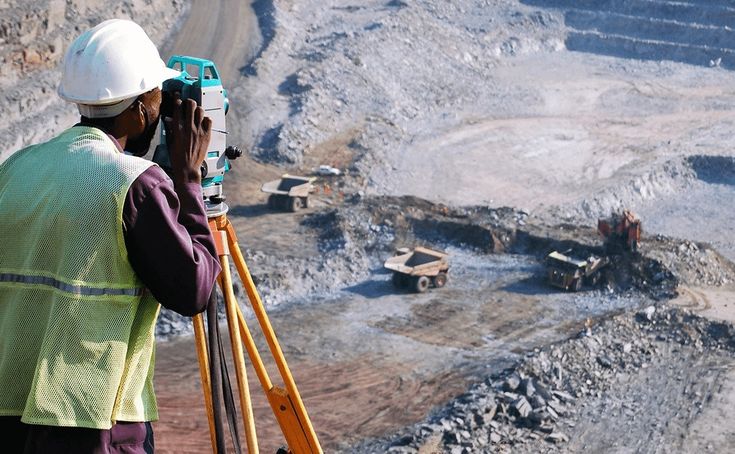Experts from the Economic Community of West African States (ECOWAS) gathered in Lagos from November 10th to 15th to conclude the third and potentially final National Experts Review Meeting on the Draft Revised ECOWAS Mineral Development Policy (Revised EMDP, 2024). The meeting brought together senior officials from Member States’ mineral resource ministries and the ECOWAS Federation of Chamber of Mines (EFEDCOM) to reshape a twelve-year-old framework and align regional mineral development with the African Mining Vision and broader goals of sustainable, integrated growth.
The revision responds to the evolving global extractive landscape and the persistent disconnect between Africa’s mineral wealth and its development outcomes. Despite being rich in resources, West Africa has long suffered from high-volume extraction with minimal local benefit. The original 2012 policy laid the groundwork for coordinating natural resource policies under Article 31 of the Revised ECOWAS Treaty, but the past decade has seen surging demand for energy transition minerals like lithium, cobalt, and graphite, exposing the limitations of raw export models.
Countries such as Ghana and Mali, among Africa’s top gold producers, exemplify the challenge: while gold accounted for over 90% of Ghana’s mineral revenue in 2022, most value-added activities—smelting, refining, and manufacturing—occur offshore.
The revised policy aims to reverse this trend by enforcing local content development, encouraging domestic processing, and promoting skills transfer to ensure that more of the mineral value chain remains within the region.
Fragmented national regulations have also allowed transnational companies to exploit inconsistencies, sometimes triggering a regulatory “race to the bottom” that compromises environmental and social safeguards. In the artisanal and small-scale mining (ASM) sector, which supports millions of livelihoods, this has led to severe environmental degradation, including mercury pollution in gold-rich zones like Burkina Faso and Niger.
A harmonized regional policy rooted in the African Mining Vision offers ECOWAS nations a unified platform to negotiate better fiscal terms, enforce robust environmental standards, and develop shared infrastructure such as regional processing hubs. Harmonizing tax and royalty regimes across the 15-member bloc could create a more stable investment climate, attracting long-term capital for large-scale mineral processing facilities.
The revised policy is designed to align with ECOWAS Vision 2050, which promotes regional economic integration. It reimagines logistics corridors—from Guinea’s inland bauxite and iron ore sites to coastal ports—as interconnected regional arteries rather than isolated national projects.
Discussions in Lagos emphasized that the policy must be more than aspirational—it must be actionable. It should embed principles that address the sustainability triad: economic viability, environmental stewardship, and social equity. Economically, it must prioritize local value creation. Environmentally, it must set high standards for mine closure, rehabilitation, and water management. Socially, it must ensure transparent revenue sharing with mining communities to reduce conflict and foster inclusive development.



